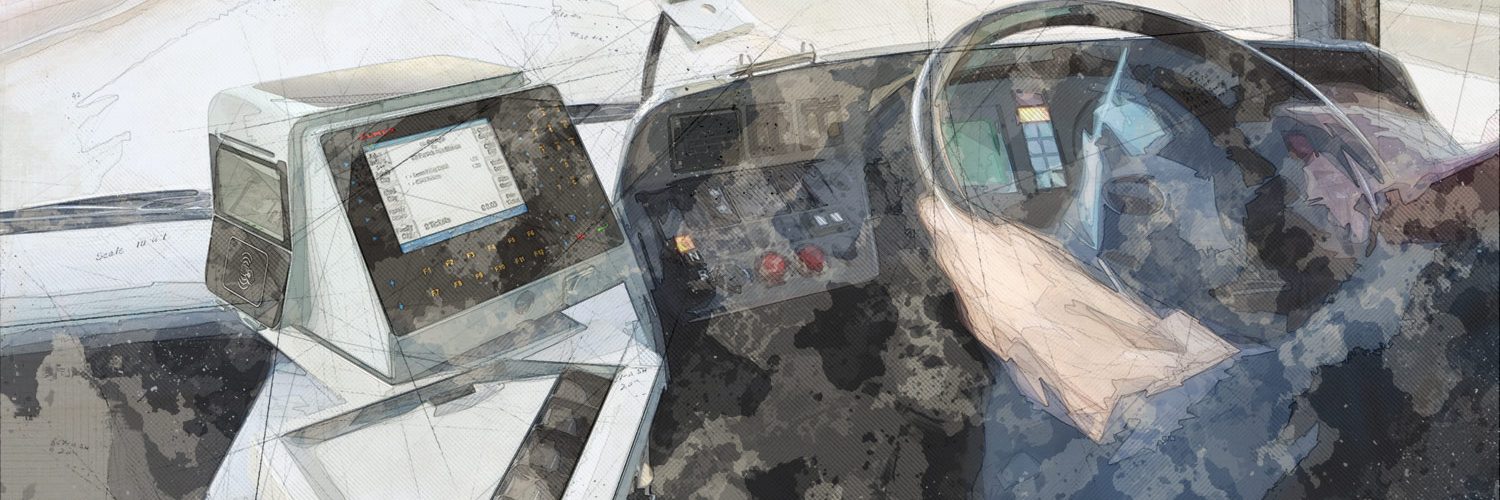Autonomous vehicles are coming – some day. In the Hype Cycle of product development, we’re just passing the Peak of Inflated Expectations and starting the descent into the Trough of Disillusionment, later to climb the Slope of Enlightenment to reach the Plateau of Productivity.
Most talk has been about autonomous private transport in the form of cheap taxis. This will make congestion much worse unless there is tight regulation to discourage people from switching from more space-efficient modes of transport. But what about autonomous public transport?
Bus drivers account for about 40% of operating costs. Changing the traction power from diesel to electric will save on fuel and maintenance. So, won’t autonomous electric buses be so cheap we’ll have them everywhere? (Recall that electricity from nuclear power was going to be “too cheap to meter.” That was heralded from the Peak of Inflated Expectations.)
But, are bus drivers human automata? Shifting the focus from engineering to social science, what do bus drivers do besides driving?
They collect fares. That can be done electronically.
They ensure people do actually pay. The operator of the Sheffield Supertram quickly discovered that, when the driver isn’t watching over people as they board, they ‘forget’ to pay (that happened in London too on ‘bendy’ buses). So, you need a team of roving plain-clothed revenue protection officers, empowered to levy fines on the spot.
Bus drivers with the right training look out for passengers in need, intervening when everyone else does their best Bystander Effect impression. Scratch the surface of social media and you’ll find first-person narratives, previously shared only with sympathetic friends, about harassment, abuse, touching up and intimidation experienced in the normal course of daily life by women, people from different ethnic and cultural groups, and disabled people. Someone in a uniform, even just by their presence, can keep predators at bay.
Drivers also deal with the unexpected: breakdowns, collisions, medical emergencies, and clearing up after someone’s sick. So, let’s hear it for the drivers. Even if a computer can drive the bus, it doesn’t mean we won’t need any staff on board.
This article was first published in the Cambridge Independent on 3 April 2019.




Perhaps a distinction could be made between “driver-less” and “unmanned”* buses. In fact, absolved from the need to drive, the official person on board would be better placed to carry out the tasks you highlight in your article.
* includes women and those who identify otherwise.
You’re right that this is a crucial distinction. Most passengers would probably welcome the return of the conductor. However, it’s the potential reduction in staff and resultant cost savings that are attractive to bus operators and public sector investors in bus infrastructure (such as the ‘Cambridgeshire Autonomous Metro’).
If we look at how automation has changed employment, removing the need for someone to drive the bus might allow the return of the conductor and thus improve the experience for passengers, whether it’s helping with luggage and children’s pushchairs, or dealing with annoying passengers. Making public transport more pleasant would definitely be a win.
Unmanned buses would allow for smaller and more frequent buses, and running routes which would be uneconomical if you have to pay for staff. Many rural areas have faced severe cutbacks in bus services due to reduction in subsidies, so autonomous buses will hopefully reverse that.